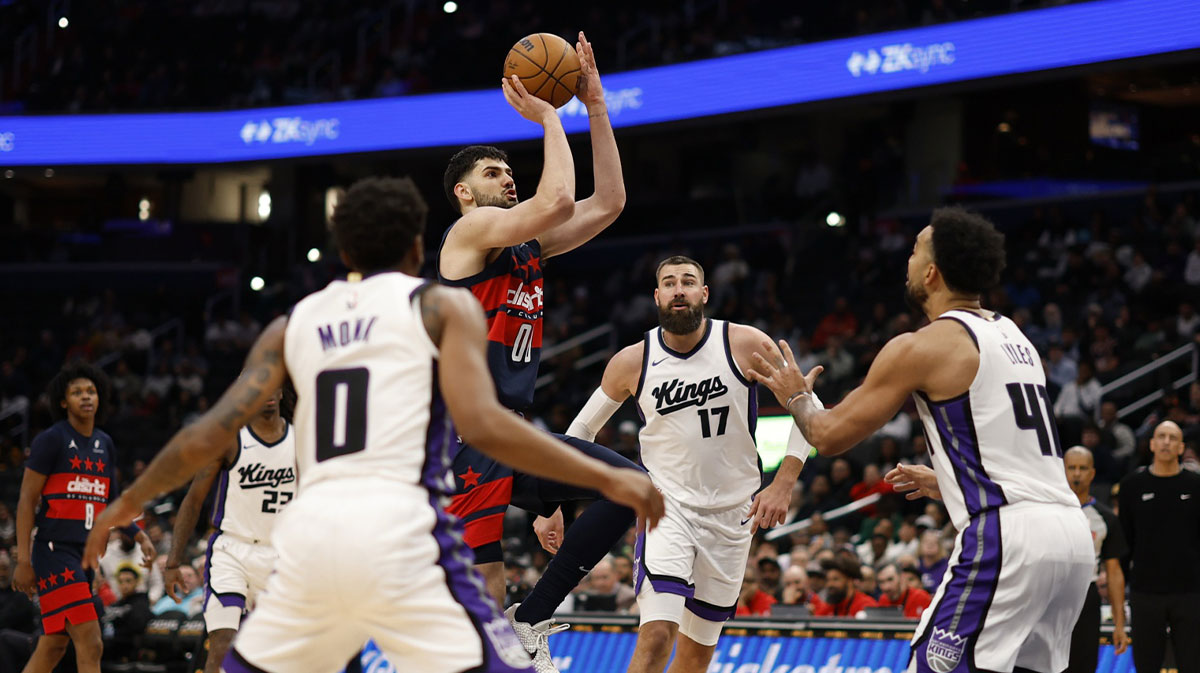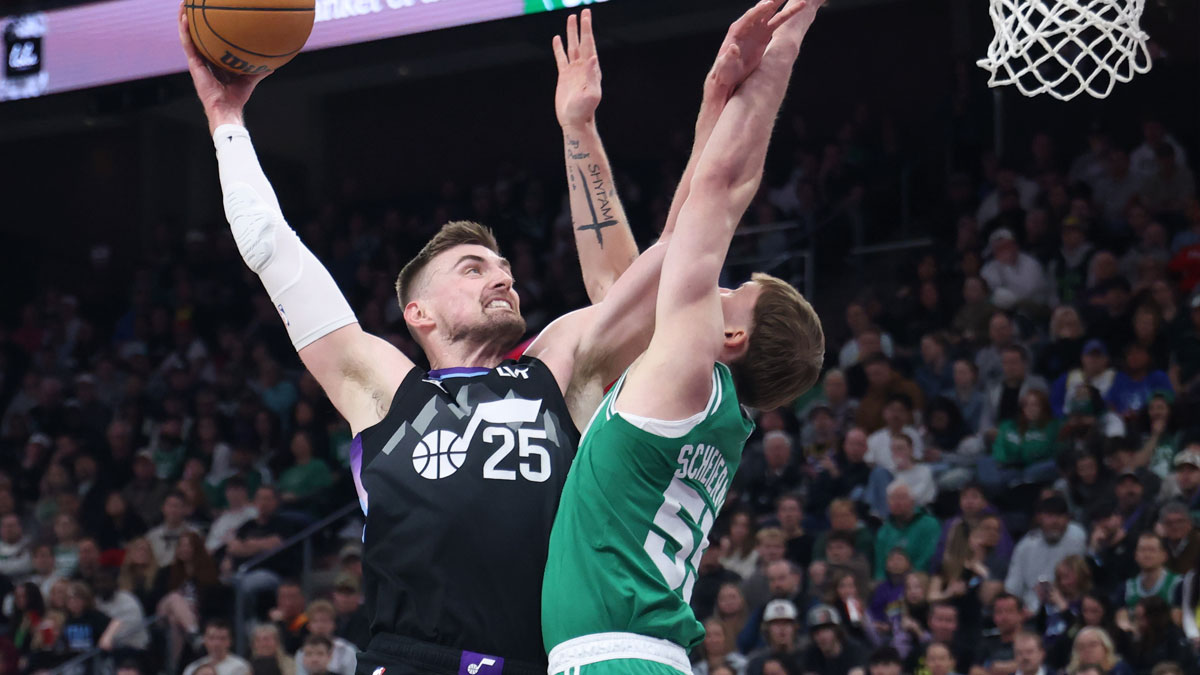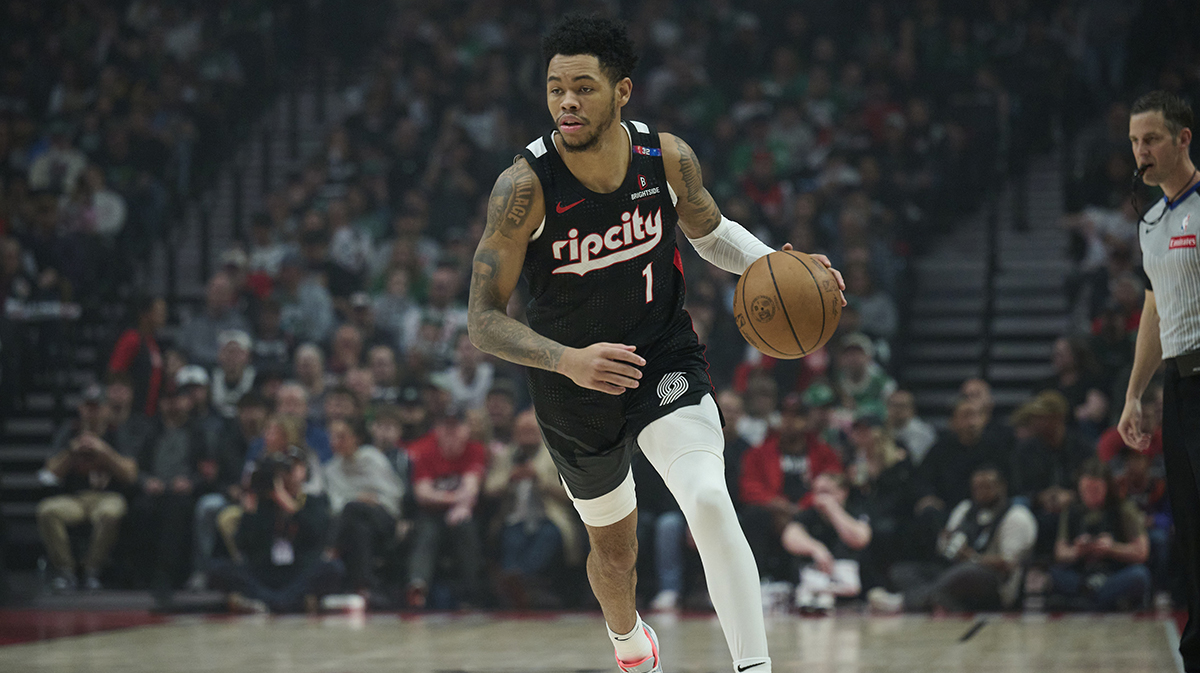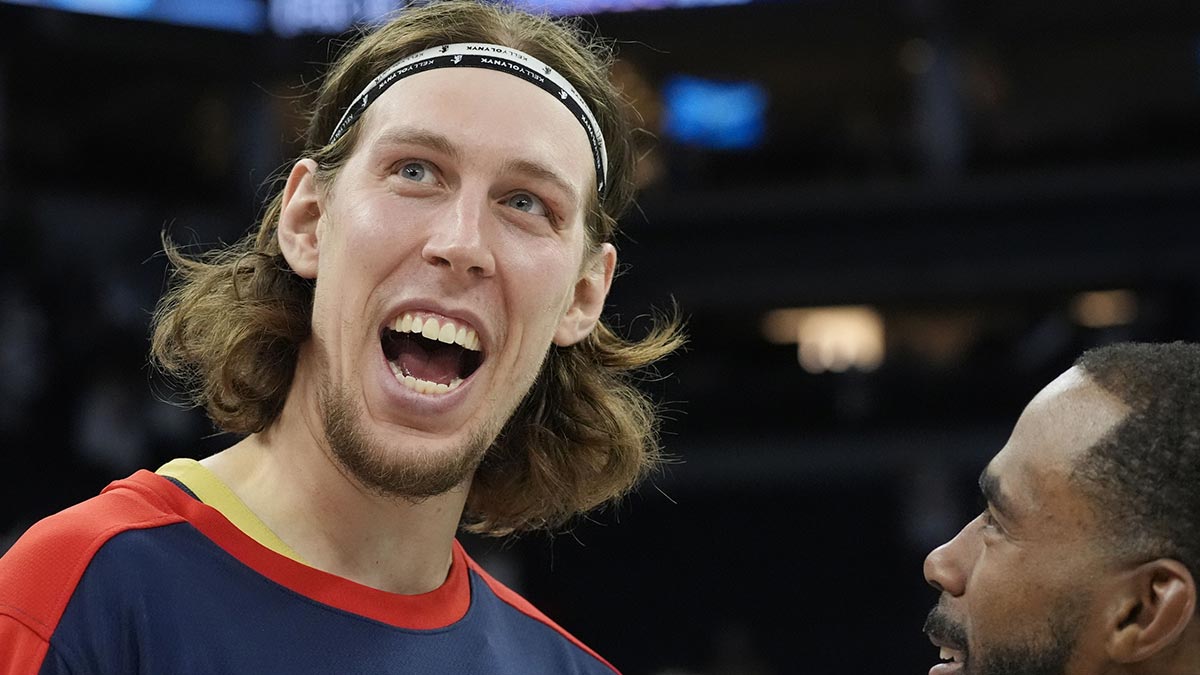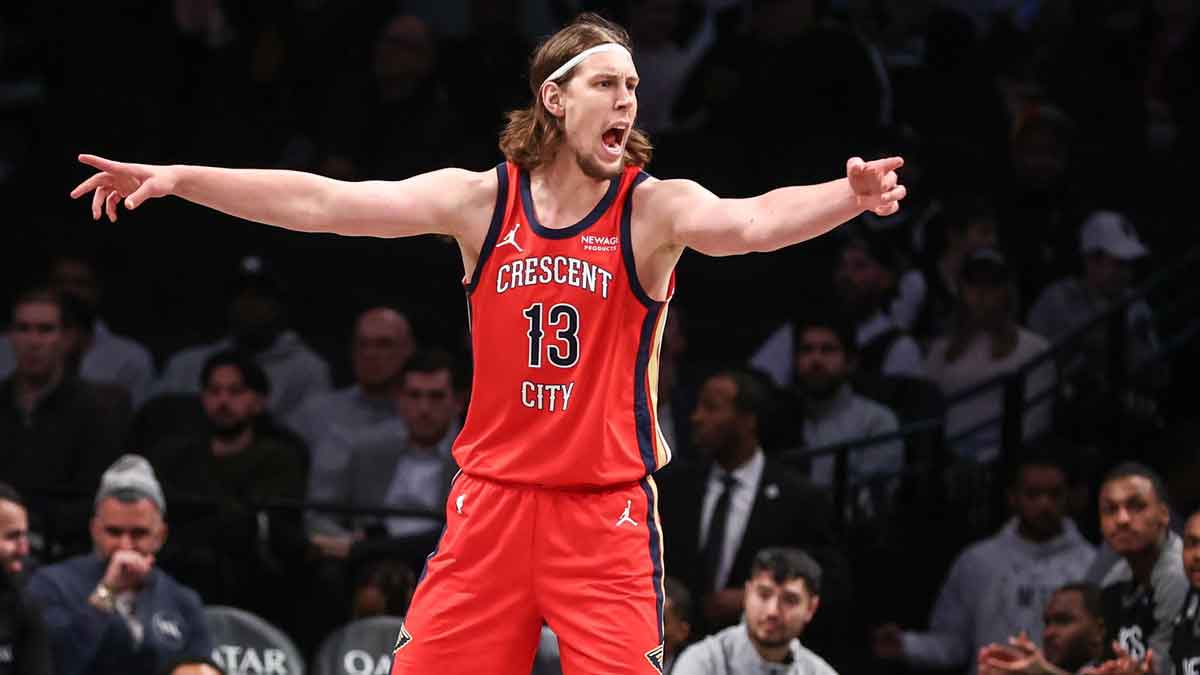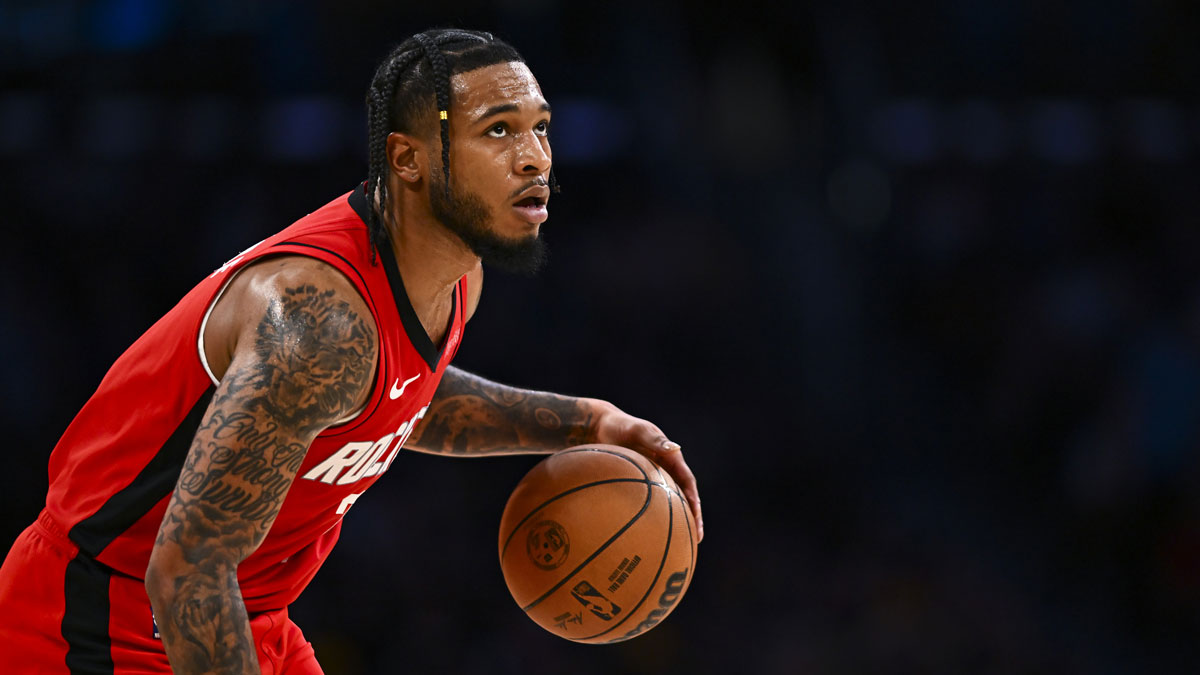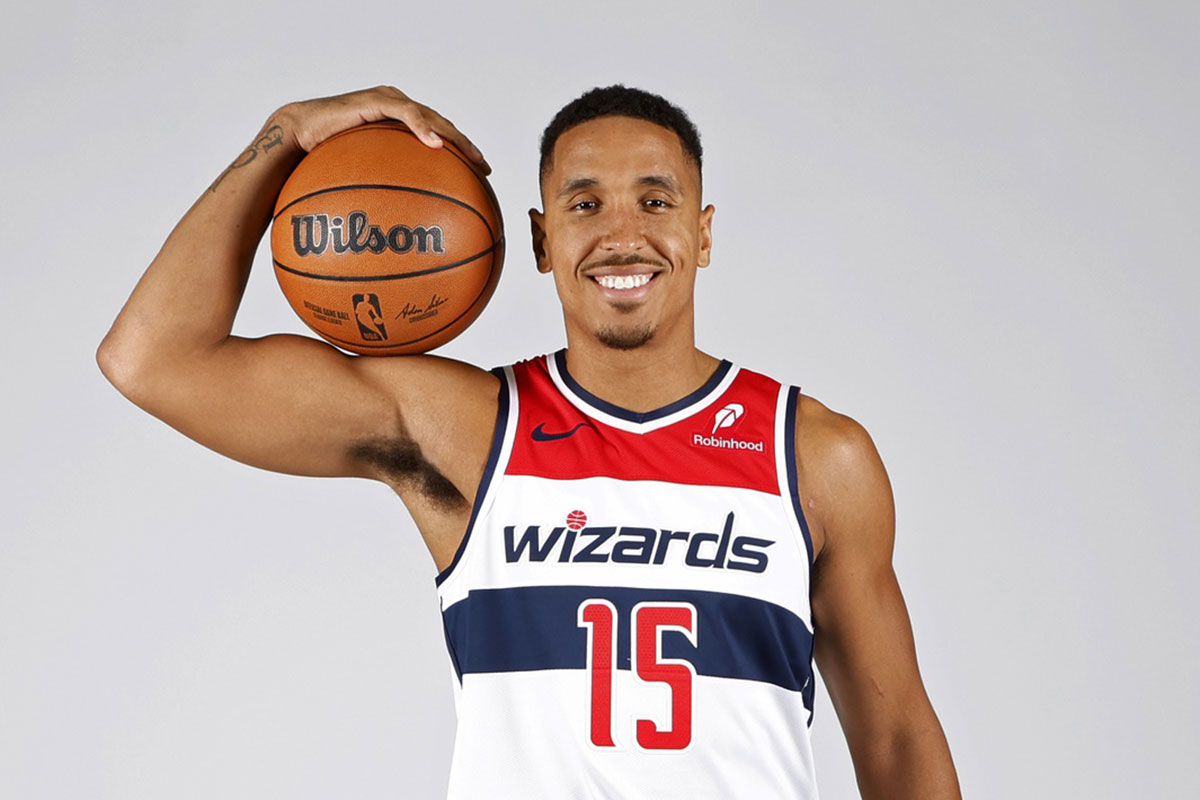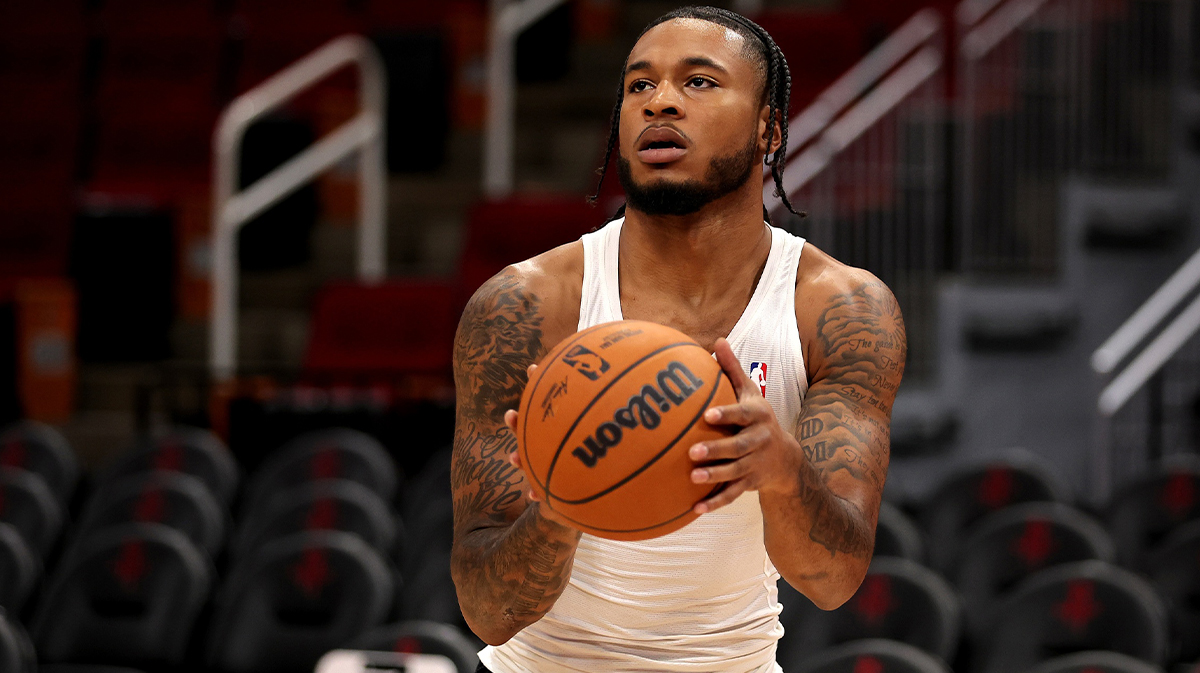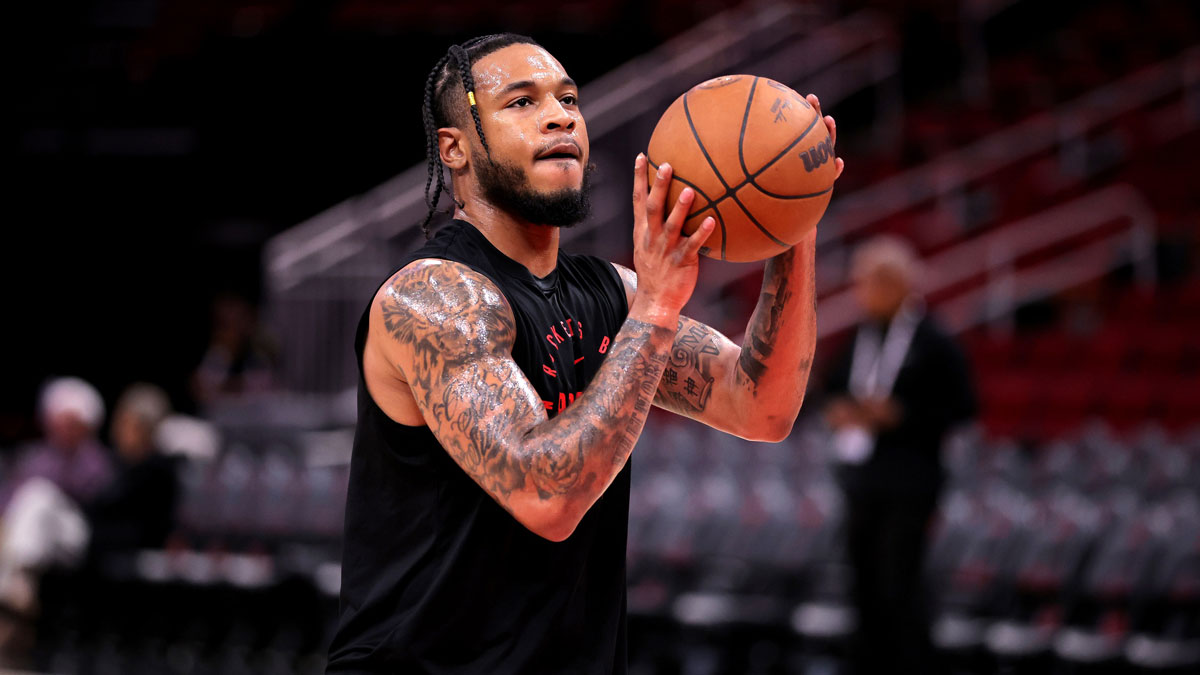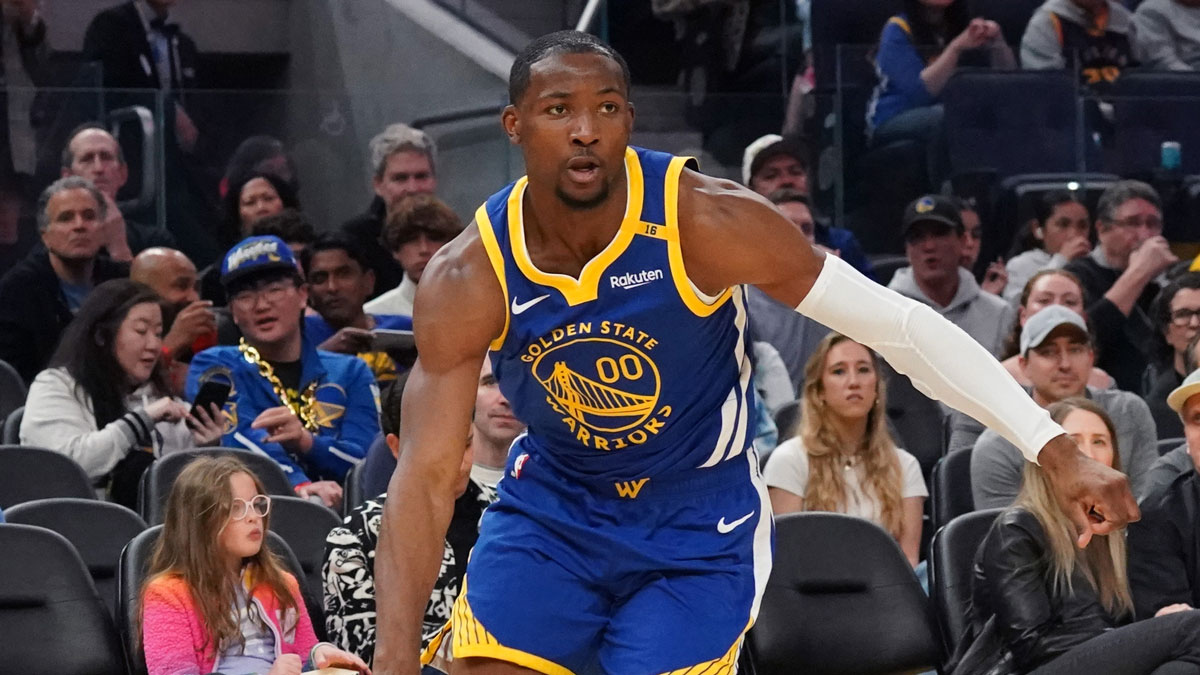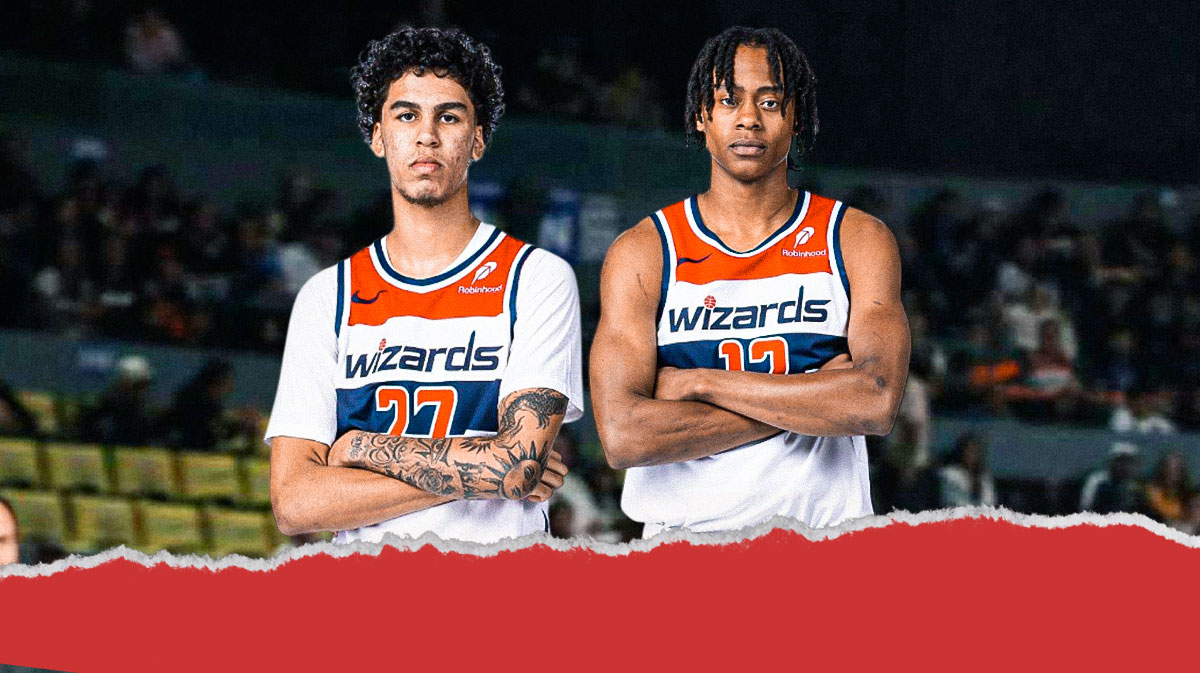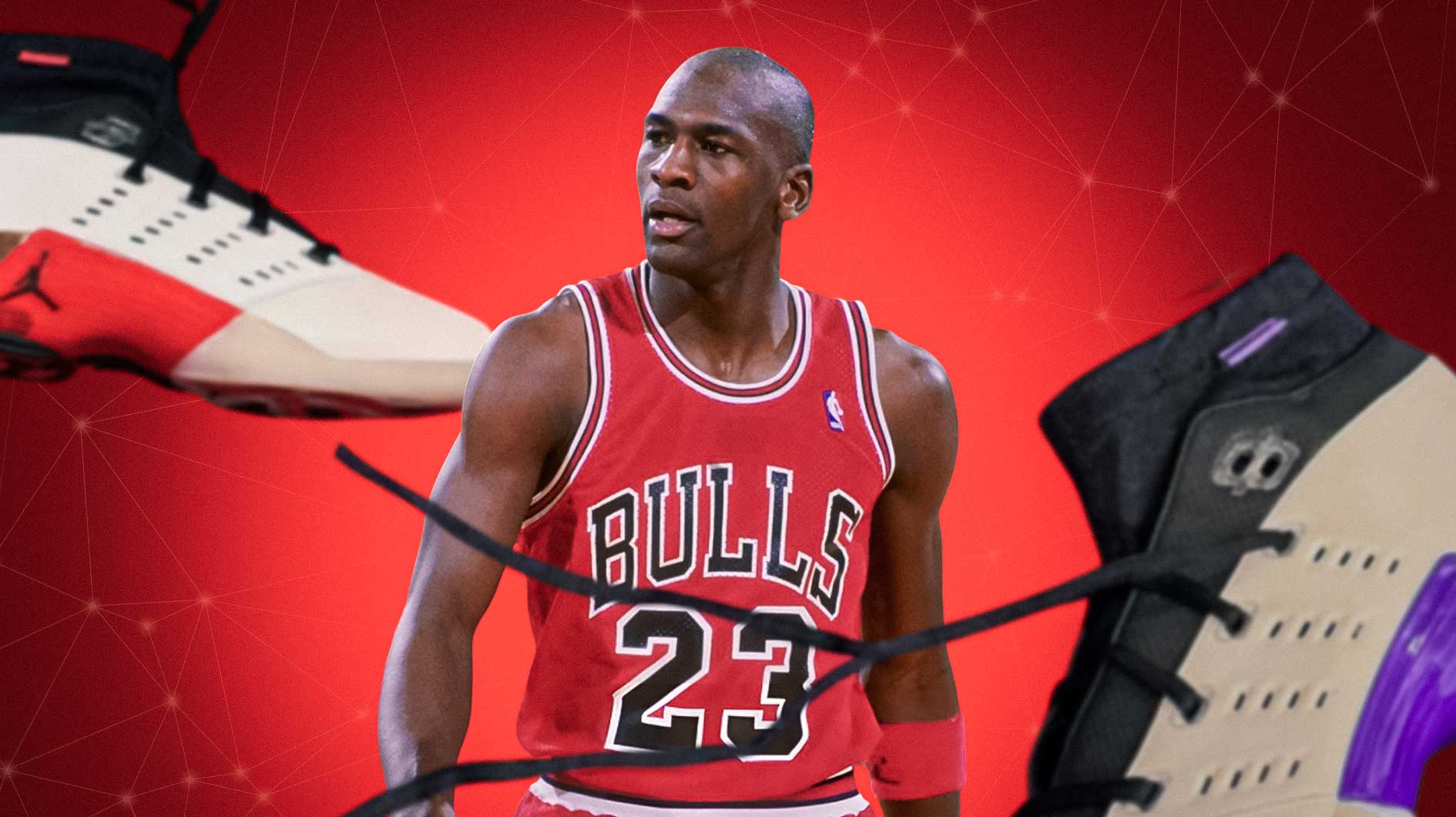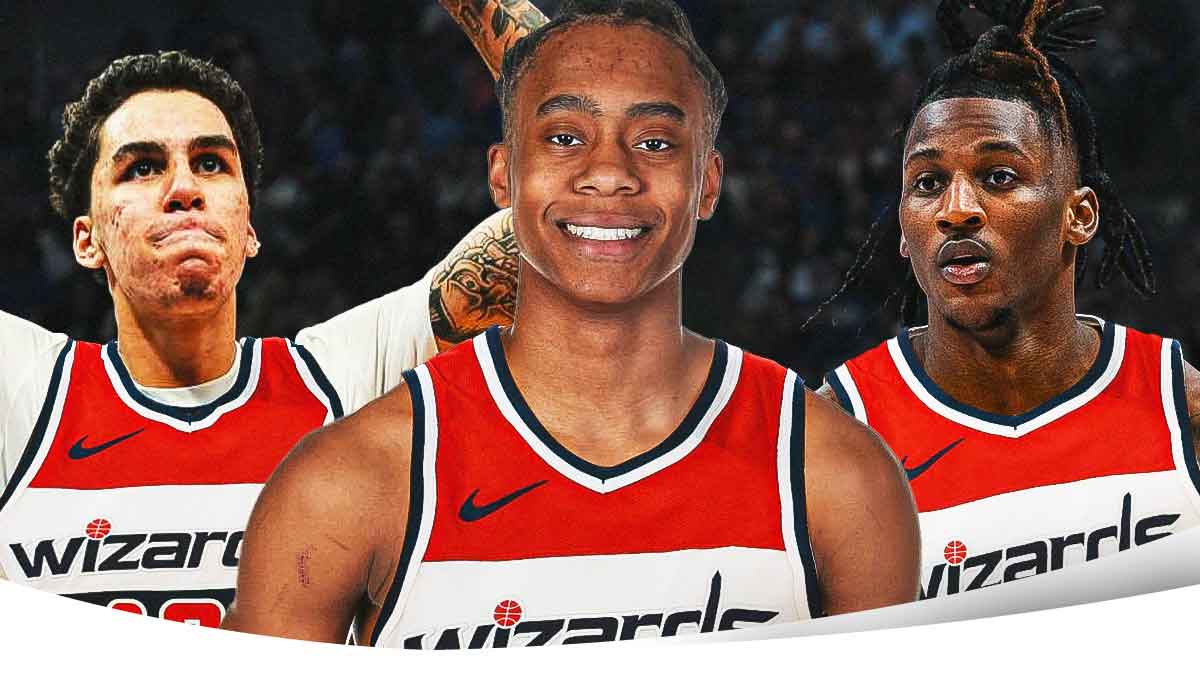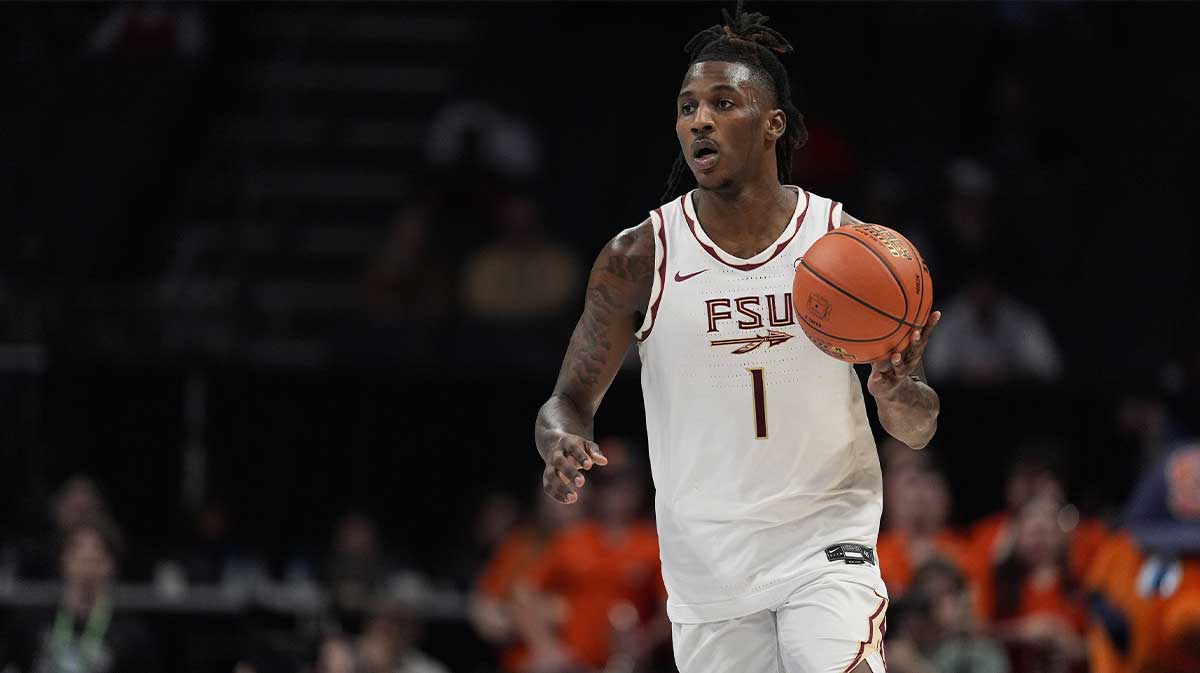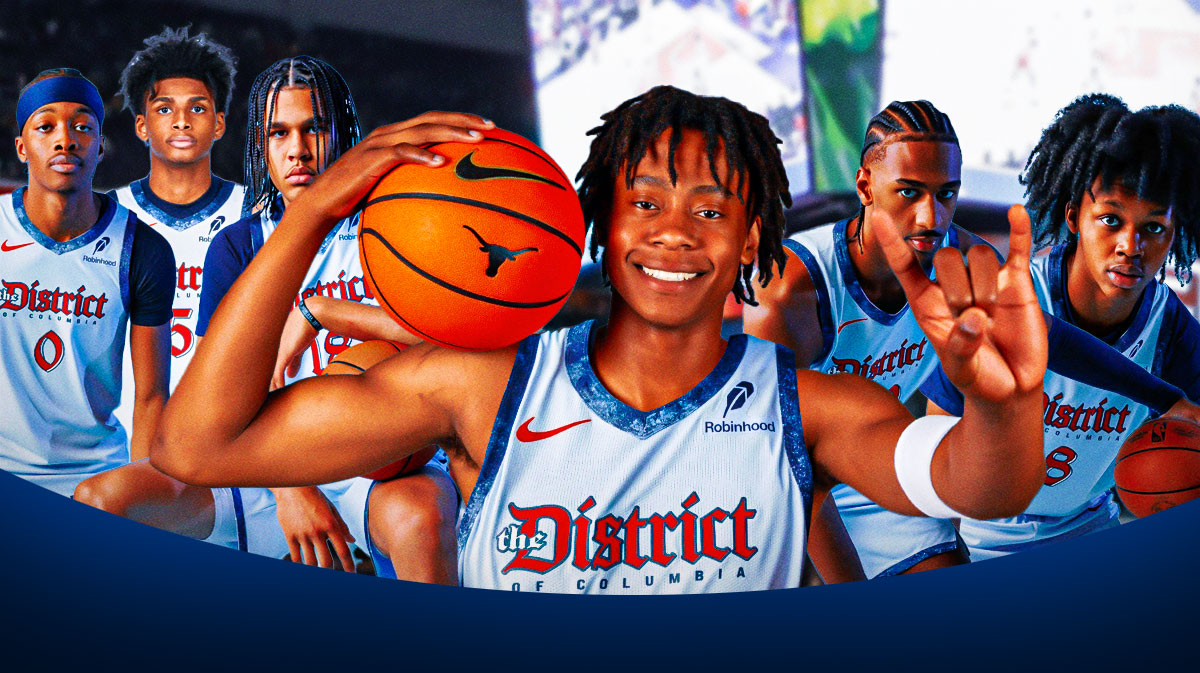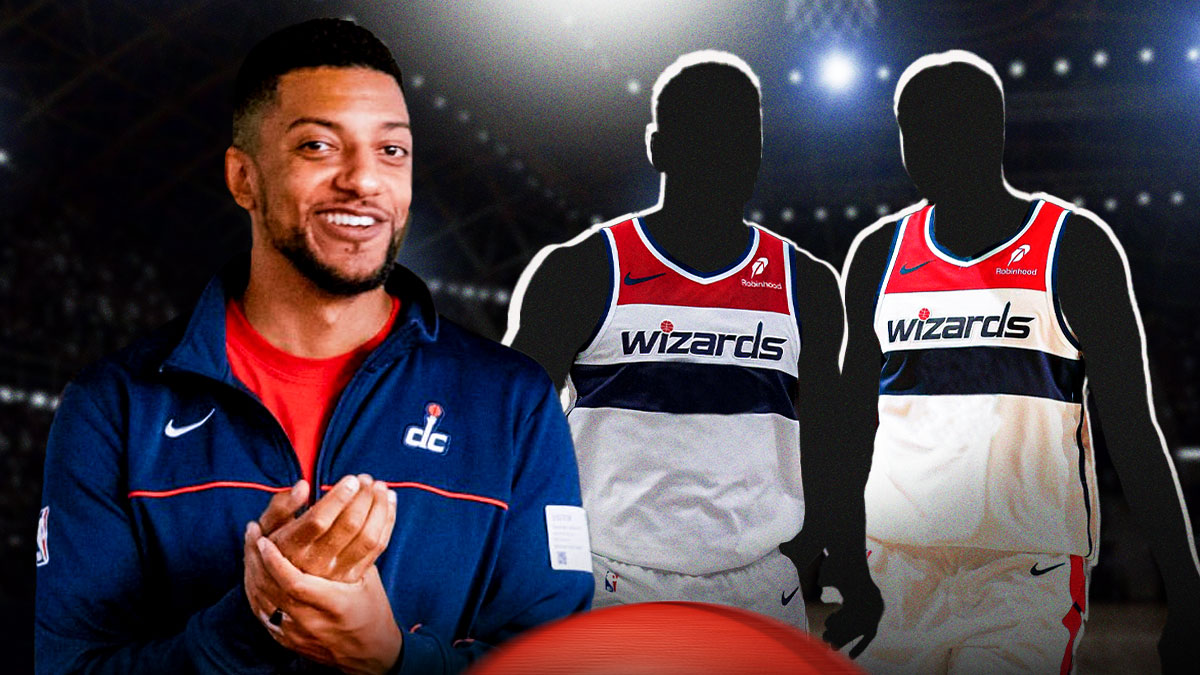There's no clear path to contention for the Washington Wizards. There's also no clear path to a successful rebuild. Hence, Washington should stick with its star-studded backcourt of John Wall and Bradley Beal for the 2020-21 NBA season.
The Wizards are at a bizarre crossroads. They're 24-40, five and a half games out of the eighth seed in the Eastern Conference with 18 games to go in the regular season, and have been playing without Wall, who's recovering from a torn Achilles. Beal is averaging 30.5 points per game, rookie Rui Hachimura has impressed, and a handful of veterans are manning prominent rotation roles.
This isn't exactly a compelling situation. That's why many have been clamoring for the Wizards to go forth with a selling spree, specifically trading Beal. They could corral draft picks and young talent. Such a transaction goes hand in hand with moving on from Wall, who has also been a prime trade candidate. Why? The two players have opposite trade values.
On one hand, Beal has never been better. He's one of the premier scorers in the league, has put the Wizards on his back, and recently inked a two-year, $72 million extension, which begins in the 2021-22 season. General manager Tommy Sheppard could easily get a combination of first-round draft picks and blossoming young players for the 26-year-old Beal.
Meanwhile, Wall is in year one of a four-year, $171 million pact that includes a $47 million player option for the 2022-23 season. This is an enormous burden for a team to take on for a player who will have not played in an NBA game for a year and half.
Heck, it's difficult to match salaries in a trade. Case in point: no matter how great of a player Wall has been, the Wizards would likely be swapping salaries and maybe get a first-round pick for the former number one pick.
Let's play out three scenarios: 1) the Wizards trade Beal, 2) the Wizards trade Wall, and 3) the Wizards trade both Beal and Wall.
If the Wizards trade Beal they'll get the chance to hand-pick players that fit their system by means of draft picks and also get their hands on blossoming players on rookie deals. This would be the first transparent step in a rebuild. However, the pieces they get would basically be their foundation. Compared to the likes of teams already in rebuilding mode, Washington's young core would be underwhelming.
If the Wizards trade Wall they're moving on from the co-face of their franchise for contracts that other teams deem undesirable. They'd be trading Wall for the sake of breaking up his contract among multiple players. What's the value in that?
If the Wizards trade both Beal and Wall, they rip apart their organizational backbones and will essentially be starting from the bottom with their rebuild, especially if they use Beal as a means to get rid of Wall's contract. If you're not getting fair value for both your stars, what's the point in trading them?
There's more value in keeping both of them, specifically Wall, than trading them.
No one knows how Wall will look after his 20-month absence. One thing is for sure: when healthy, he's one of the best point guards of his era. He's an elite playmaker given his willingness to attack the rim with ease and keen ability to find his teammates in the right places. He's also a premier defender at his position. For his career, Wall is averaging 19.0 points, 9.2 assists, and 1.7 steals per game. Pretty good, right?
If Wall can be 90 percent of his old self, he's still a significant contributor on both ends of the floor and one of the preeminent lead guards in the NBA. He's the type of player that a team could get a near-king's ransom for. It's worth running the risk of him being his old self for the Wizards' sake.
Yes, the Wizards have never gotten past the second round of the playoffs and, at times, took steps back in their quest to win the East with Wall and Beal. At the same time, their mere presence always gave the Wizards the chance to compete with the best of the East. They formed one of the elite backcourts in the NBA and were difficult to slow down.
Was there a time when rebuilding made sense? Yes. After trading Otto Porter Jr. in February 2019 there was merit behind the Wizards continuing a semi-purge, though getting a pair of expiring contracts (Jabari Parker and Bobby Portis) and a second-round pick from the Chicago Bulls for Porter was a weak return.
Times have changed, and this is a far from ideal predicament to be in. That said, there's a value in being competitive. It keeps fans coming to games, NBA fans alike watching your team, and develops an incentive to fine-tune your roster for the playoffs.
By the way, the bottom of the Eastern Conference playoff picture, per usual, is underwhelming, as the Brooklyn Nets and Orlando Magic, who own the seventh and eighth seeds in the conference this season, are a combined nine games below .500.
Even with Kevin Durant and Kyrie Irving's likely return to the floor for the Nets, chances are uncertainty will continue to rumble through the East next season. Plus, the Wizards have Davis Bertans coming into his own and a likely lottery pick in this year's NBA Draft. Why can't they compete for a playoff spot and/or make some noise with Wall and Beal?
It's worth mentioning the possibility that a new face is patrolling the sidelines next season for the Wizards. Now, there are few, if any reports stating that head coach Scott Brooks is in danger of losing his job. However, if Washington decides that bringing in a new coach is in the team's best interest, you think that new face would want their starting backcourt to be Wall and Beal or a couple young, unproven players?
Staying with Wall and Beal doesn't ensure a positive outcome, nor does moving on from one or both of them. At the end of the day, there's more certainty in both the short and long-term sticking with the two. The Wizards know what they're getting with them; they don't know what they're getting without them.

